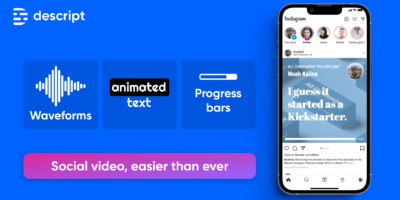More than two million users of the popular file-cleaning app CCleaner have reportedly been infected with hidden malware.
About CCleaner
Developed by Piriform and launched in 2003, CCleaner is a utility app that removes temporary files, duplicate files and unwanted program. It’s available for Windows, macOS and Android devices, in both free and paid versions. CCleaner is typically used to free up disk space and improve system performance.
CCleaner Malware Attack
Unbeknownst to its parent company Avast, CCleaner was recently used to distribute to malware. As explained by The Verge, cybersecurity experts at Cisco Talos identified the nefarious scheme, which they believe has affected two million users.
After gaining access to Avast’s download servers, hackers discreetly added malware to CCleaner. So, when a user downloaded CCleaner, he or she also downloaded the included malware. The malware used in this scheme allowed hackers to take control of infected machines. Avast and Piriform have since updated CCleaner to eliminate this malicious code.
Cyber attacks aren’t a new occurrence. In the third quarter of 2016, 18 million malware samples were identified by the cybersecurity firm Panda Labs. To put that number into perspective, that’s roughly 200,000 per day. More recently, 21 million Android devices are believed to have been infected with the malware ExpensiveWall, which has bypassed Google’s anti-malware protection systems. Unfortunately, experts predict this number will only grow higher in the months and years to come.
The recent malware scheme involving CCleaner is particularly troubling, however. Being that CCleaner is used to clean up temporary files and improve system performances, it maintains a high level of trust and confidence among users. Rather than taking the time to vet its specifications, for instance, users simply download and execute CCleaner, believing it’s safe and secure. Of course, the public’s view of CCleaner may change in light of these recent revelations.









